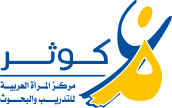Gender Mainstreaming in Poverty Eradication and the Millennium Development Goals
Abstract
This document presents a handbook for policymakers and other stakeholders on Gender Mainstreaming in Poverty eradication and the Millennium Development Goals. This book brings together arguments, findings and lessons from the development literature that are relevant to the achievement of the Millennium Development Goals (MDGs) from the standpoint of gender equality. This is because, firstly, while there may be other forms of socio-economic disparity in a society that are far wider than gender. Secondly, gender inequality is also pervasive across different groups within societies. It cuts across other forms of inequality so that it is a feature of rich as well as poor groups, racially dominant as well as racially subordinate groups, privileged as well as 'untouchable' castes. And finally, gender inequality structures the relations of production and reproduction in different societies. Men play a critical role in earning household livelihoods in much of the world but generally play a negligible role in the unpaid work of reproduction in the domestic arena. Women, on the other hand, play a critical role in the unpaid work of caring for the family. While their role in the productive sphere varies, it is generally highest among poorer households. However, there is a marked inequality in the resources that men and women are able to mobilise to carry out their responsibilities, in the value and recognition given to their contributions and in their capacity to exercise agency on their own behalf.
أضيفت بواسطة
CAWTAR
| 2021-10-26 11:42:48
نوع الوثيقة
تقارير
المصادر
International Development Research Center (IDRC)
كلمات المفاتيح :
Gender mainstreaming//Poverty eradication//Millennium development goals//

